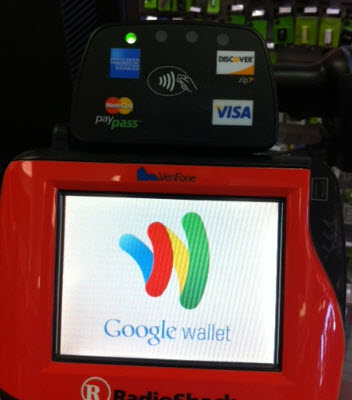Google Wallet growing as security issues get resolved
Google is quickly establishing itself as a leader in mobile commerce. Last year, the famed technology company launched the Google Wallet, a mobile payment platform that allows consumers to make purchases using an NFC-enabled smart phone. The platform had a turbulent launch, receiving criticism for its lackluster security features and accessibility, but Google has worked to resolve these issues quickly. Now, the company claims that mobile payments being made with Google Wallet are on the rise and are growing faster than had been accepted.
Mobile payments double in six week period
According to Google, mobile transactions made with Google Wallet have doubled in the six weeks that have passed since the launch of a new cloud-based version of the platform that was introduced on August 1. This version of Google Wallet was designed to address the various security concerns that consumers had with the original platform. Because the platform is now connected to a cloud computing network, the financial information that is used to be stored on a smart phone itself is now stored in a secure digital network. Thus, this information cannot be as easily stolen or exploited.
Slow and steady may win the race
Despite the rapid growth Google Wallet has experienced over the past month or so, Google notes that mobile payments are not going to be an overnight success. The company is gearing up for the long haul, especially as more competitors emerge in the growing mobile commerce field. Google notes that there is still a great deal of work left to do in getting consumers comfortable with NFC technology. Osama Bedier, vice president of Google Wallet and the company’s mobile payments, claims that this is a three-to-five-year effort and that consumers still have a lot of concerns regarding NFC technology and its safety.
Google to clash with Isis
Google’s largest competitor to date, Isis, is expected to launch in a matter of days. The Isis platform boasts of some impressive security features and has managed to garner the backing of most of the world’s major financial institutions. Google Wallet is still struggling to find this support, but has proven rampantly popular with consumers. Isis has proven favorable with businesses, but has yet to enthrall consumers.

